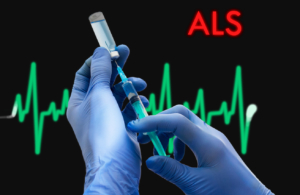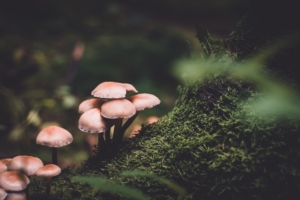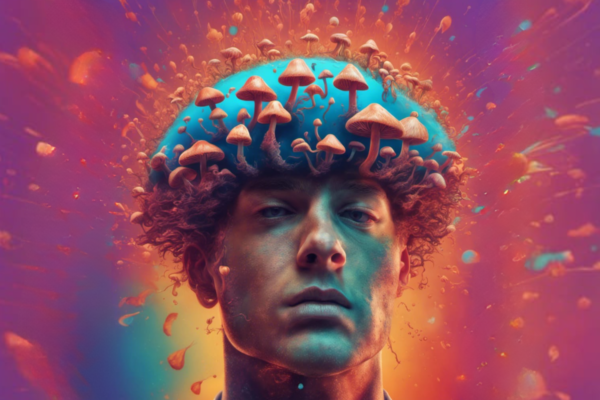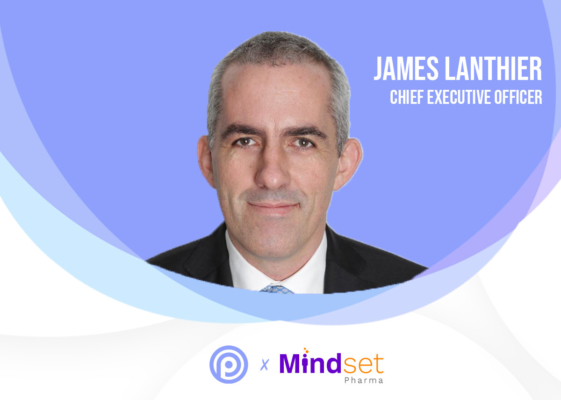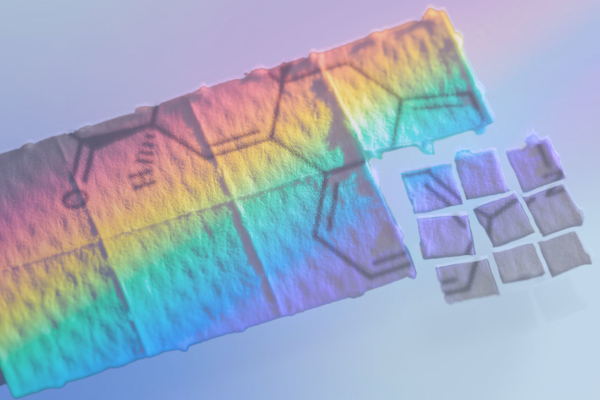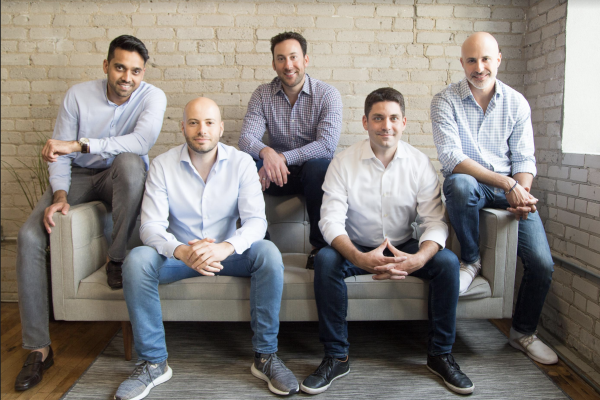
Ronan Levy, one of the five founders of the psychedelic company Field Trip Health, says he’s always been “bullish” about how fast the psychedelic industry would grow. But since the company launched in 2019, he says he’s been “blown away” by the momentum.
“When we started two years ago, people looked at us just dumbfounded. ‘You mean you’re starting a psychedelics company? No way.’ And I was like, ‘No, this is happening and it’s happening fast,’” he tells Psychedelic Spotlight. “But it’s happened even faster than I expected.”
Last fall, Field Trip went public on the Canadian Securities Exchange, becoming the third psychedelic research and development company to do so. Since then, Levy and his partners began implementing a plan to propel Field Trip into the future of psychedelic medicine.
Aside from launching a Trip app for “self-exploration and consciousness expansion” and tapping Dr. Andrew Weil, the father of integrative medicine to serve on the advisory board, both last fall, the company is tackling it on three specific fronts — opening dozens of ketamine-enhanced psychotherapy clinics in the U.S. and Canada, creating their own psychedelic compounds through a research and development arm, and cultivating plant-based psychedelics at a new facility in Jamaica.

Field Trip Health
Field Trip first launched into the industry by opening ketamine-assisted psychotherapy clinics under its Field Trip Health brand. There are currently five operating in the U.S. (New York, Los Angeles, Chicago, Atlanta) and in Canada (Toronto). A center will be opening within weeks in Houston, as well as an outlier in Amsterdam.
The company has “ambitious growth plans,” as Levy calls it, with a goal to have 20 locations either open or under construction and before the end of 2021 and a view to scaling to 75 locations by the end of 2024. Centers will be located primarily in the United States and Canada.
Ketamine is the only FDA approved medication with psychedelic potential in the United States. It’s classified as a dissociative anesthetic and is used in medical settings for sedation and pain relief. It’s also used off-label to treat symptoms of depression. The nasal spray esketamine, a similar dissociative, is approved to for depression.
But promising results from clinical trials on MDMA for the treatment of post-traumatic stress disorder (PTSD) have industry insiders anticipating regulatory approval of MDMA by year’s end, with psilocybin following suit shortly thereafter. Levy says Field Trip hopes to capitalize on that momentum, broadening its centers’ offerings to include other approved psychedelic therapies, including — their own psychedelic creation.
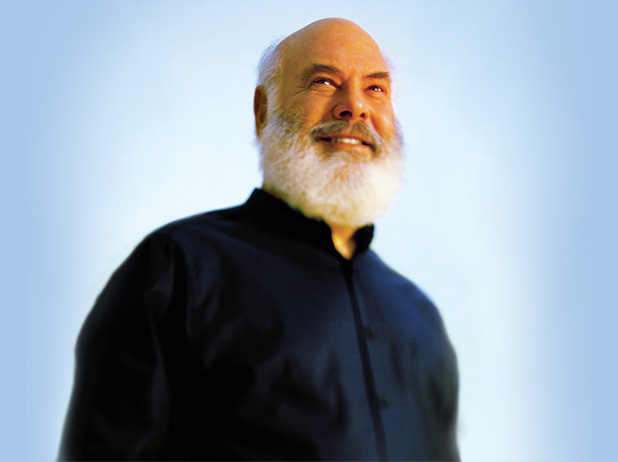
Field Trip Discovery
Field Trip is also jumping into psychedelic research and development with its brand Field Trip Discovery. But don’t expect too many details just yet.
The company took a deep dive into known psychedelics currently in clinical trials and found psilocybin to be a “significant game-changer” in mental health treatment in both safety and efficacy. But the psychoactive ingredient in so-called magic mushrooms has some challenges from a therapeutic perspective. Trips can last eight hours or more, which would mean a psilocybin-assisted psychotherapy session could consume the better part of a day.
“So, we asked ourselves, ‘Is there a way we can address the shortcomings of psilocybin from a therapeutic perspective as well as a business perspective?’” Levy says. “The answer was, you could.”
Field Trip Discovery developed its own hallucinogenic compound, a molecule called FT-104, that Levy says promises to give a similar psychedelic experience as psilocybin in just a fraction of the time—about 2-3 hours. The company has filed a provisional patent on FT-104 and hopes to launch phase I clinical trials by the end of 2021.
Field Trip hasn’t disclosed what indication the compound will be tested for. The company hasn’t disclosed that information other than to say, “broadly, we are targeting the depression space.” For now, that is all Field Trip Discovery needs to reveal until it reaches phase II clinical trials.
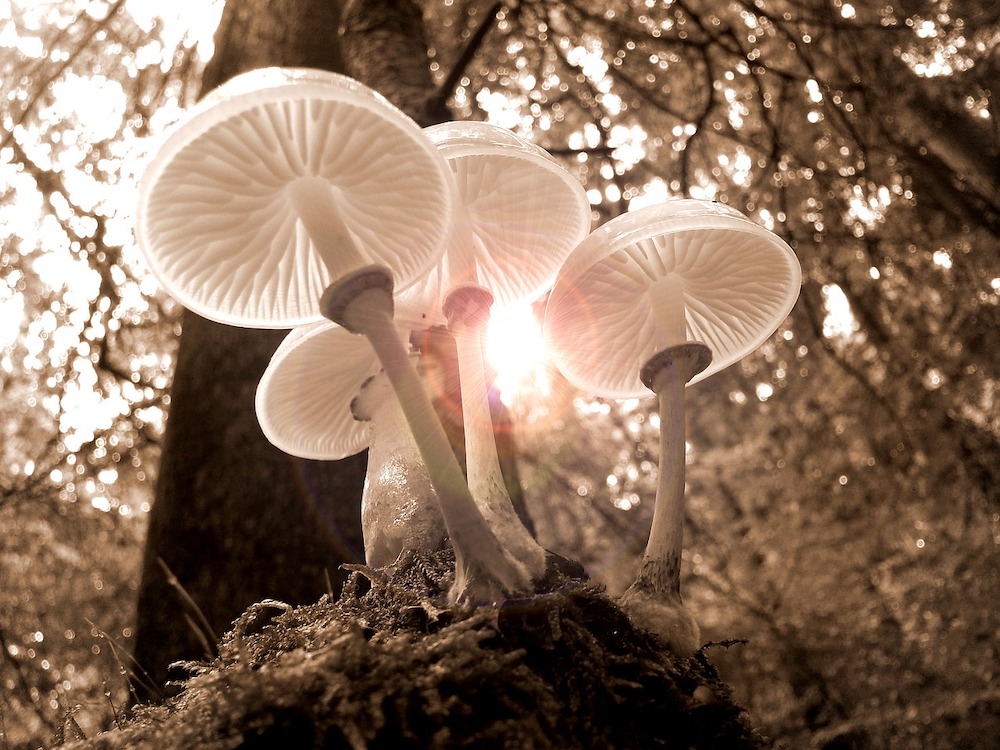
Psychedelic cultivation
Just after the first of the year, Field Trip’s psychedelic arm took hold when the company opened a dedicated facility for the cultivation and research of psilocybin and other plant-based psychedelics in partnership with the University of the West Indies in Jamaica.
Psilocybin is legal in Jamaica, and the facility is the world’s first legal cultivation and research facility for psilocybin-producing mushrooms.
Levy says he sees the psychedelic market branching out in two ways. First, growing into the medical arena with the entrée of FDA-approved psychedelics ketamine and, eventually, MDMA and psilocybin. Second, with the gradual rollouts of natural products, including plant-based psychedelics, into specific states.
“I see these two paths merging at some point, 5 to 10 years down the road. Where people have a degree of choice between natural products and synthetic products,” Levy says.
“As natural products develop a more robust foothold on the wellness side of the equation — people who aren’t necessarily depressed or anxious, but are using psychedelics for more self-discovery and self-exploration — the research we are doing in Jamacia is really positioning us to be on the forefront of that side of the market as well,” he says.

Why psychedelics?
Four of the five co-founders of Field Trip cut their teeth in the cannabis market before jumping into psychedelics, selling one of their cannabis companies in 2016 for $37 million. Cannabis has grown substantially since then, with legal sales topping $17.5 billion in the U.S. last year alone. The psychedelic market has the potential to be even larger, expected to reach as high as $100 billion, according to the Canaccord Genuity Corp. analyst Tania Gonsalves.
But it isn’t money that drives Levy. It’s compassion.
Though vastly different products, working in the cannabis industry taught him important lessons that have been “baked into” the company’s business model. But it also opened his eyes to just how cannabis was benefitting people’s lives.
“At first, I was agnostic to the therapeutic potential of [cannabis],” he recalls. “But then we started seeing the impact it had on people and it was truly lifechanging for some.”
That became Levy’s “why” for pursuing psychedelics. He knew hallucinogens had the capability of being just as — if not more — impactful when it comes to improving quality of life. “I knew we had to jump at the opportunity.”
Looking back, he says, it was a wise decision. “If we can get more people to the idea of understanding and working through emotions, get people to open their minds to mystery and spirituality — things that have been really shunted aside in our society in the last 100 years — it’s probably the most important thing that I, as an individual, can be doing.
“Through personal growth and working through our traumas and becoming more aware of ourselves, we can become more compassionate and more empathetic and more creative,” he says. “Psychedelics aren’t the only path there, but I think they’re going to be an incredible springboard for people.”
